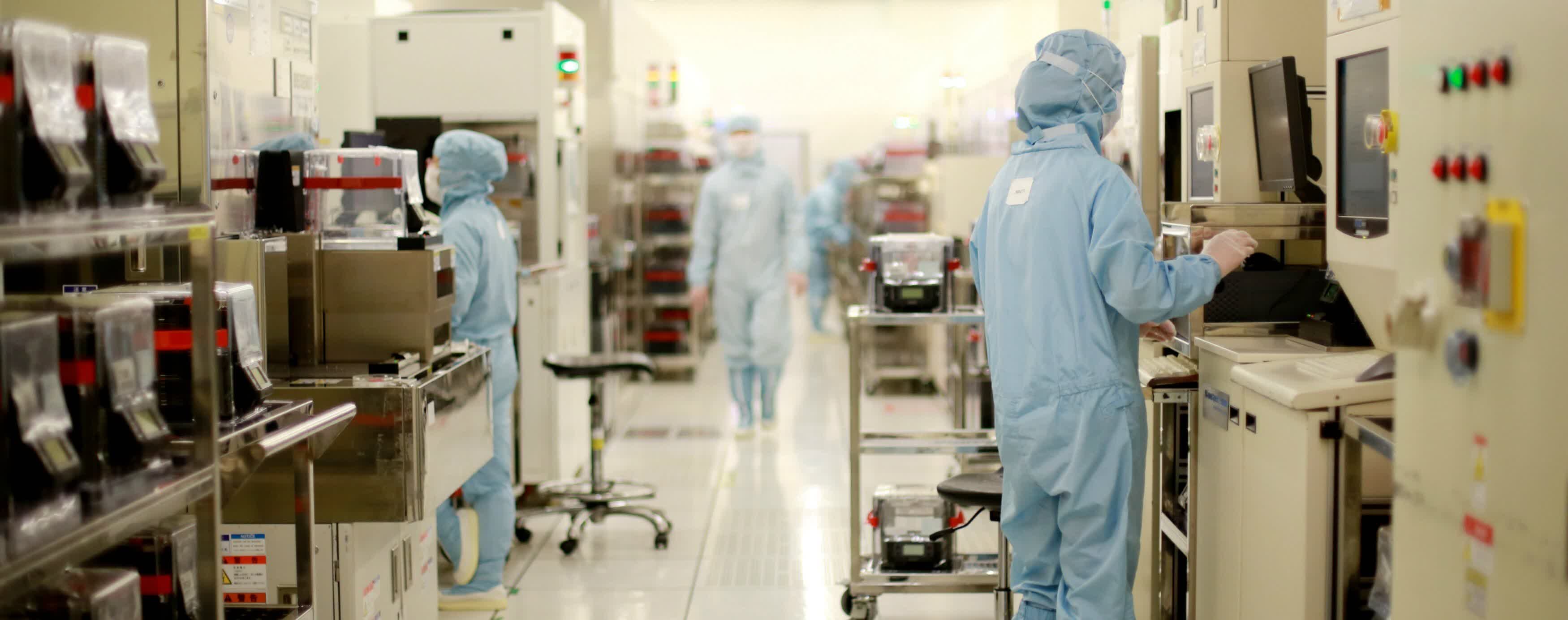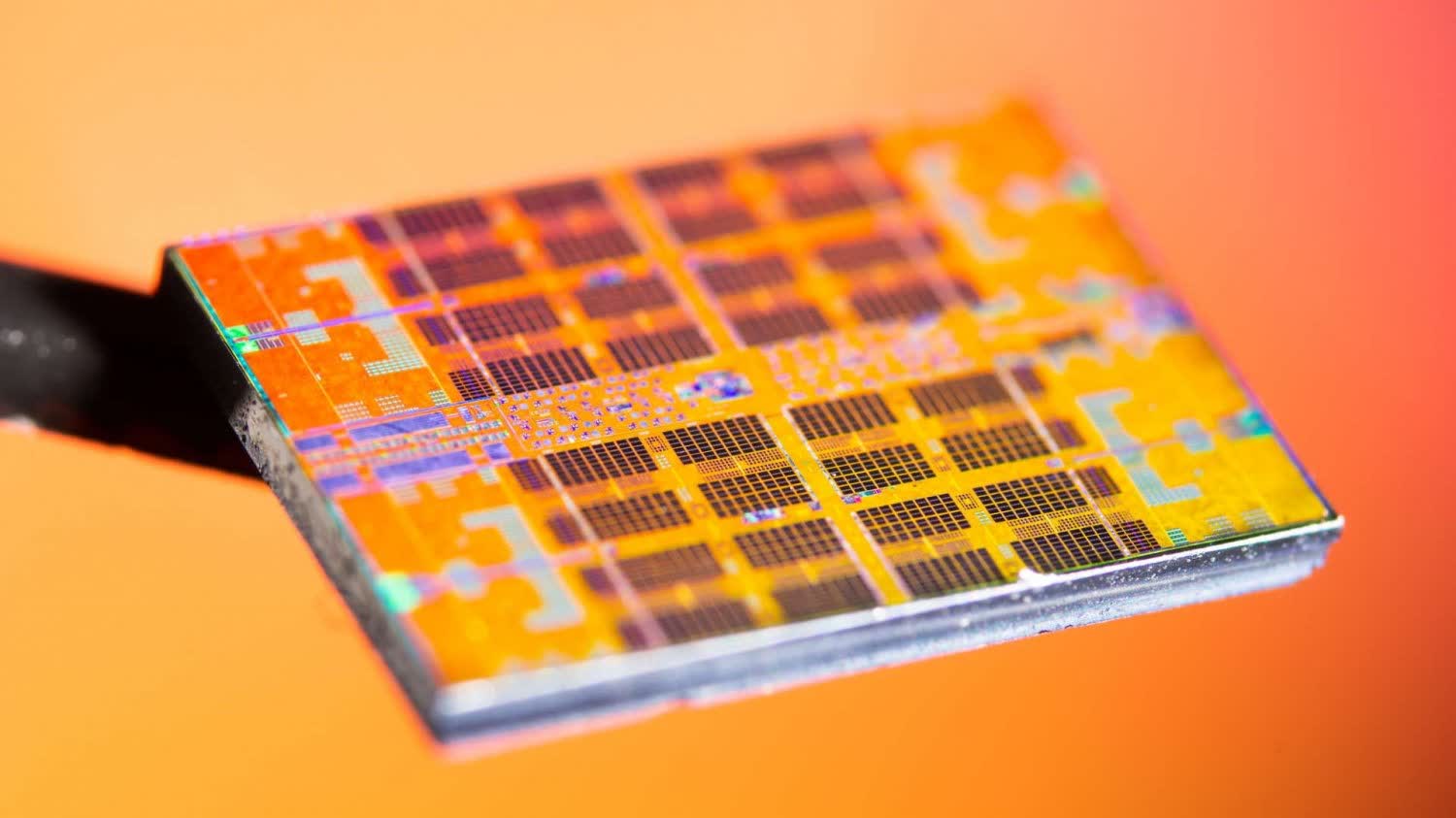The big picture: SMIC is one of several chipmakers that are part of China's plan to become more self-reliant and create a world-class semiconductor industry. The company aims to one day compete with the likes of Samsung and TSMC, but in the meantime it's cautiously building manufacturing capacity for mature process technologies that are used in a variety of applications.
China's largest foundry today announced it will build a new chip manufacturing plant in Shanghai as part of an ambitious project to expand capacity and challenge the likes of Samsung, Taiwan Semiconductor Manufacturing Co. (TSMC), and GlobalFoundries.
To that end, SMIC says it will commit no less than $8.87 billion to the project, and has already signed an agreement with a Shanghai government-backed entity to build the new facility in the city's free-trade zone. More than half of the funding comes from SMIC itself, and around 25 percent comes from the Lin-Gang Special Area Administration.

When fully operational, the new manufacturing plant will have a capacity of up to 100,000 wafer starts per month. The plan is to make chips using 28 nm and older process nodes, as SMIC has yet to master sub-14 nm process technology, and the Chinese government has not yet been able to secure advanced EUV equipment from ASML.
The larger process nodes are based on more mature technology that is adequate for the production of wireless chipsets, microcontrollers, image sensors, and display driver chips. As we've seen over the past 12 months, a shortage of components like the humble $1 display drivers can have a significant impact on the price and availability of everything with a screen.
SMIC, who owns several chip manufacturing plants in Beijing, Tianjin, and Shenzhen, is also working on more advanced 14nm FinFET and 12nm process nodes, but progress on volume manufacturing so far has been slow and contracts are few and far between. Back in June, the Chinese company said it was confident that yield issues could be overcome by the second half of 2022.
China is content with using aging chips while its semiconductor industry catches up, and has already bought every last used piece of chip manufacturing equipment from Japan. SMIC's latest move may help the country become more self-reliant, especially since there's another trade war brewing between it and the US.
